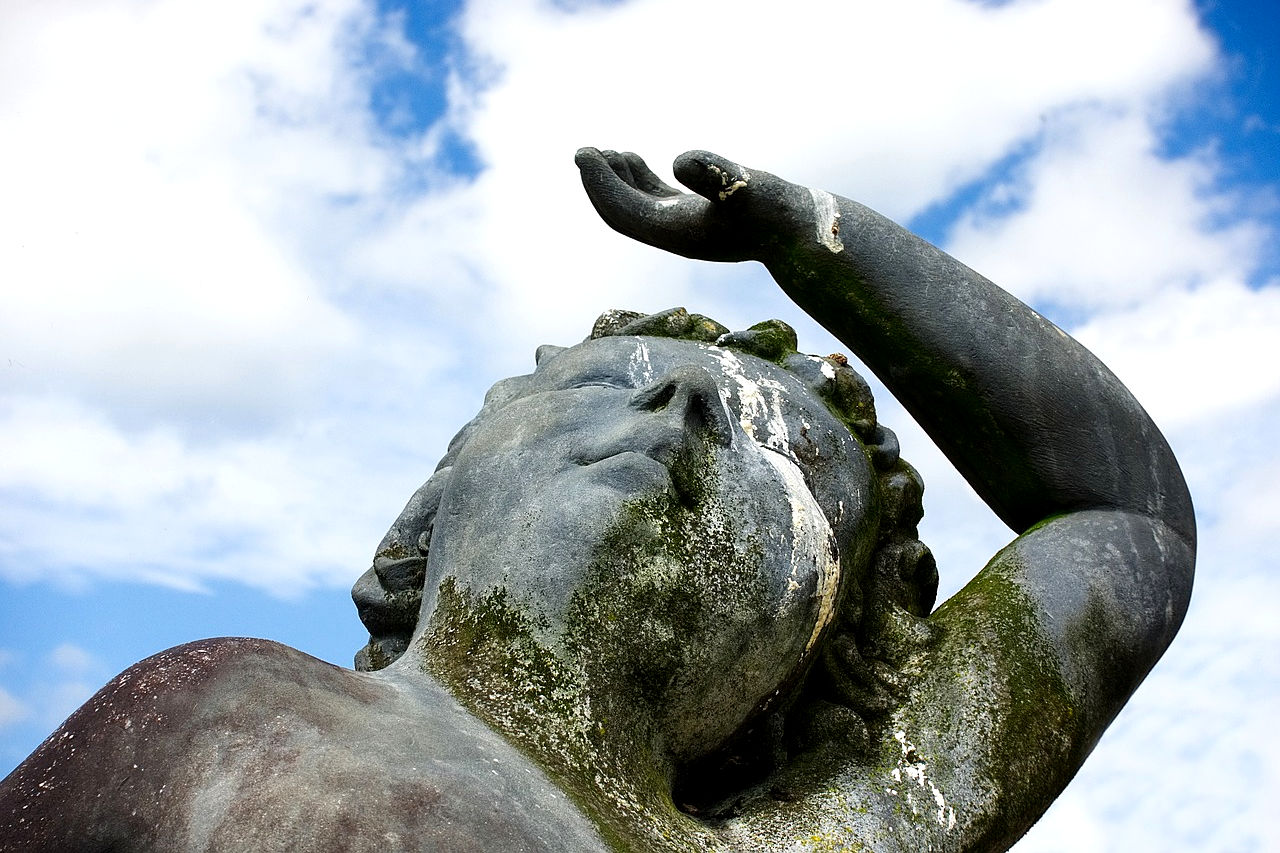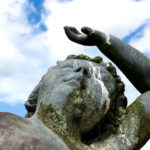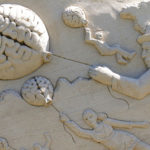That the “tao of turd” can render the abstract nature of the ancient Chinese philosophy otherwise known as Taoism so comprehensively concrete is one of life’s greater mysteries. Below features a key excerpt from Chuang Tzu, a text believed to have been at least partially authored by a man of the same name roughly 2,300 years ago.
“Master Tung Kwo asked Chuang Tzu:
“Show me where the Tao is found.”
Chuang replied:
“There is nowhere it is not to be found.”
The former replied:
“Show me at least some definite place where Tao is found.”

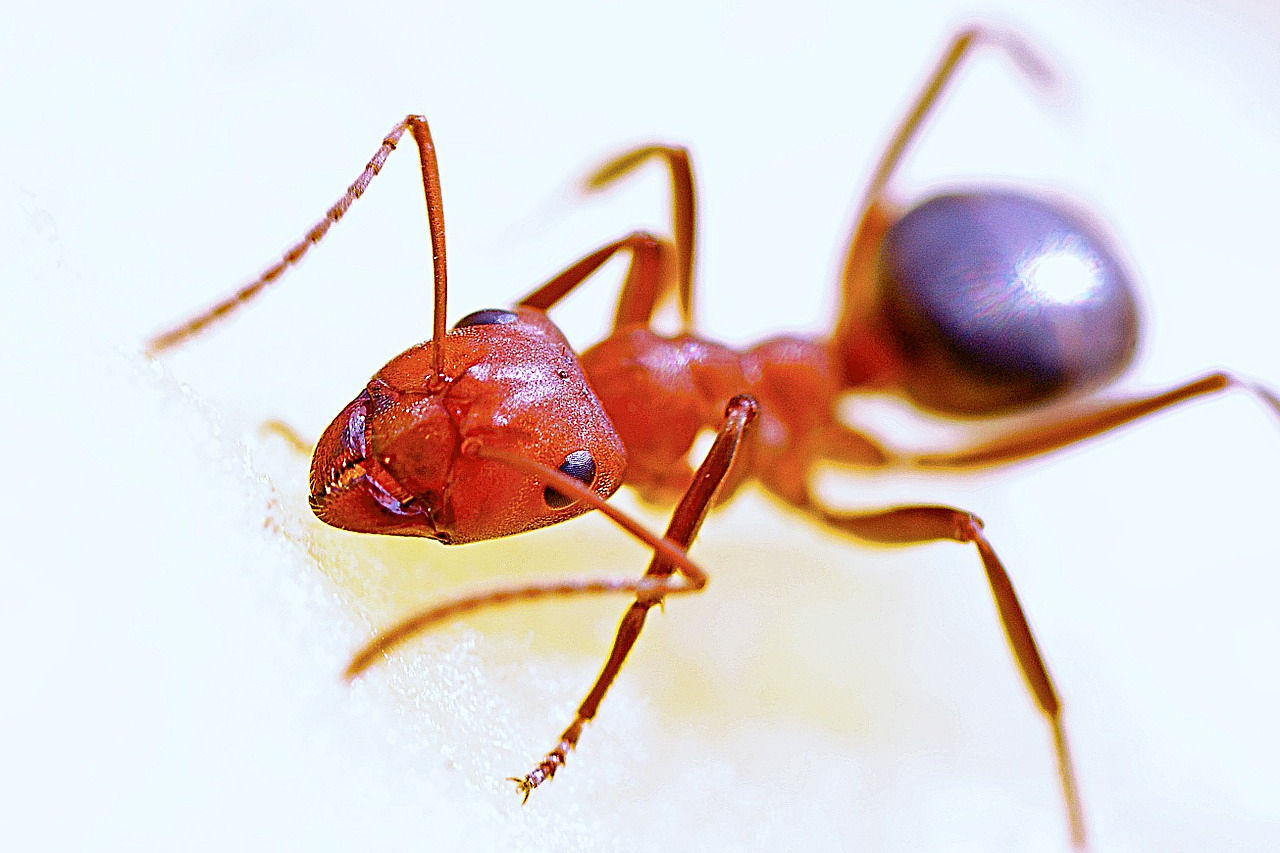
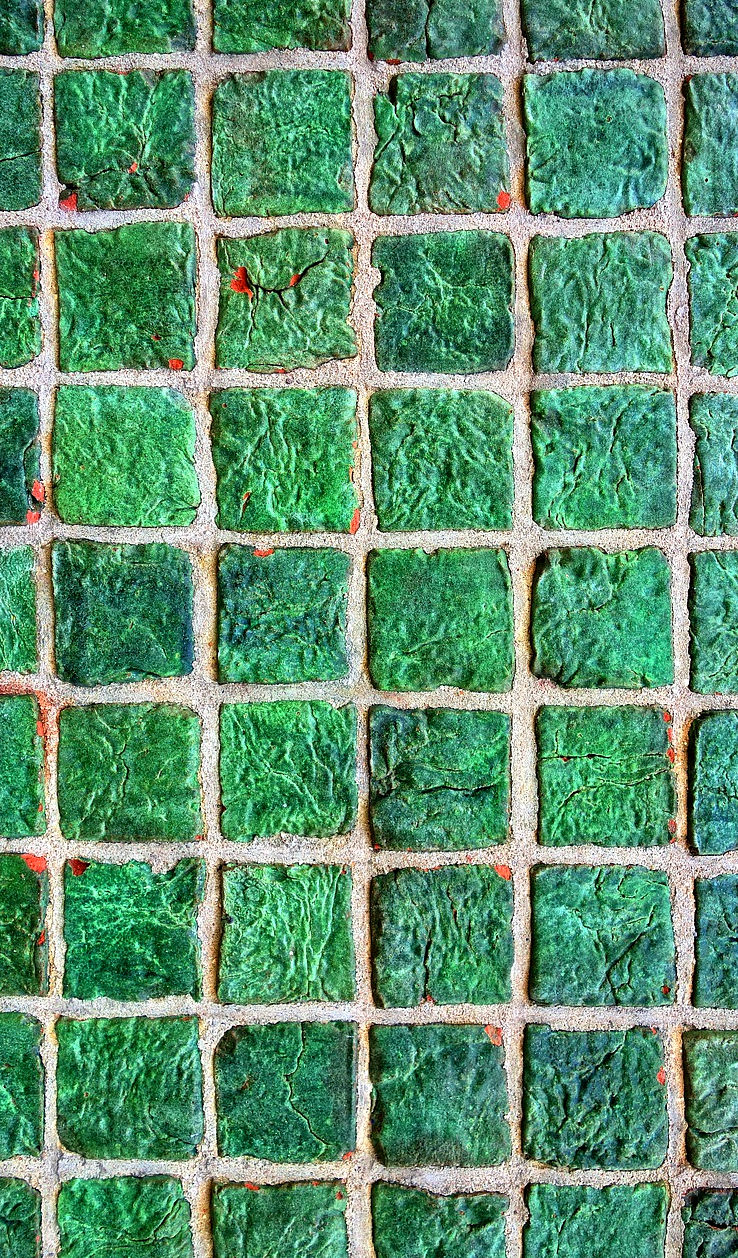
“Is it in some lesser being?”
“It is in the weeds.”
“Can you go further down the scale of things?”
“It is in this piece of tile.”
“Lower?”
“It is in this turd.”
At this, Tung Kwo had nothing more to say.

-“Where Is Tao?” as seen in The Way of Chuang Tzu translated by Thomas Merton


That the “tao of turd” can render the abstract nature of the ancient Chinese philosophy otherwise known as Taoism so comprehensively concrete is one of life’s greater mysteries. Below features a key excerpt from Chuang Tzu, a text believed to have been at least partially authored by a man of the same name roughly 2,300 years ago.
“Master Tung Kwo asked Chuang Tzu:
Show me where the Tao is found.
Chuang replied:
“There is nowhere it is not to be found.”
The former replied:
“Show me at least some definite place where Tao is found.”

“Is it in some lesser being?”
“It is in the weeds.”
“Can you go further down the scale of things?”
“It is in this piece of tile.”
“Lower?”
“It is in this turd.”
At this, Tung Kwo had nothing more to say.


-“Where Is Tao?” as seen in The Way of Chuang Tzu translated by Thomas Merton



